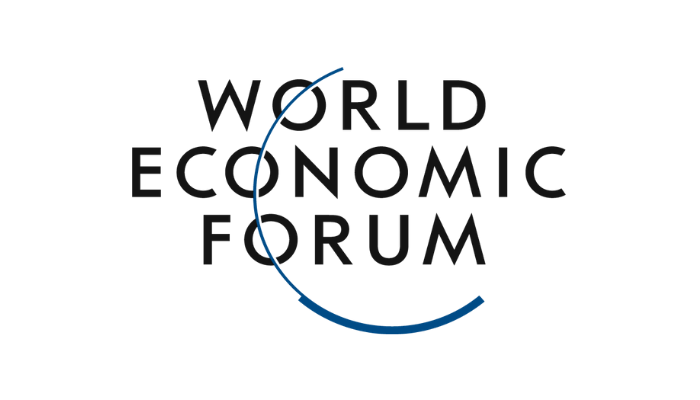by Danny Levine
 The lack of interoperability between data systems, concerns about patient privacy, and security worries have been impediments to accelerating the diagnosis and discovery of rare diseases treatments.
The lack of interoperability between data systems, concerns about patient privacy, and security worries have been impediments to accelerating the diagnosis and discovery of rare diseases treatments.
Now the World Economic Forum, which has been driving a four-nation effort to create a federated consortium for the sharing of sensitive health data, said it has found a way to share rare disease data safely and anonymously across borders. It outlines the approach in a new report.
The report grows out of the organization’s Breaking Barriers to Health Data pilot project to ensure that people living with rare and other complex diseases can be better diagnosed and treated. As part of the effort, the organization assembled a health data consortium consisting of genomic institutions in Australia, Canada, the United Kingdom, and the United States.
Progress in advancing the diagnosis and treatment of rare diseases can be slowed by the lack of data about a given condition. Making improvements to rare disease data collection, use, and availability is essential to changing that by finding safe ways to share de-identified rare disease patient data across borders. But developing ways to share data across different systems and geographies while ensuring privacy and data security is a significant challenge.
The report, which offers learnings from the forum’s project, is intended to spur international collaboration and encourage additional health data consortiums to consider and adopt governance mechanisms. The team produced a proof of concept that outlines how countries can come together, use pre-existing datasets of coded and de-identified patient information, and access other datasets across country borders with similar data types. Australia and Canada have agreed to deploy this proof of concept and are expected to test it later this year.
“This is an exciting proof of concept, showing how standards developed by the Global Alliance for Genomics and Health community can be put into practice and have a real impact on patients living with a rare disease,” said Oliver Hofmann, co-chair of the Global Alliance for Genomics and Health (GA4GH) Large Scale Genomics working group.
Over the last two years, the World Economic Forum’s precision medicine team led a pilot project with the Australian Genomics Health Alliance, Canada’s Genomics4RD, Genomics England, and U.S.-based Intermountain Healthcare, as well as 85 stakeholders from academia, government, and industry to share genomic data for rare diseases across borders.
The Breaking Barriers to Health Data project seeks to create and test a scalable governance framework to support the effective and responsible use of federated data systems to advance rare disease diagnosis and treatment. The first case study will focus on enabling cross-border access to rare disease genomic data. A federated data system is a means of connecting disparate databases that reside in different locations to enable data sharing. Though the data continues to be housed at its original source and the data owner continues to control who can access it.
 “Sharing genomic data is a huge undertaking, but it is not particularly difficult technically. The larger challenge is how to form the necessary relationships between institutions that enable trust and transparency and sustained predictable operations,” said Lynsey Chediak, project lead for the World Economic Forum. “Our project showed us that this can be done.”
“Sharing genomic data is a huge undertaking, but it is not particularly difficult technically. The larger challenge is how to form the necessary relationships between institutions that enable trust and transparency and sustained predictable operations,” said Lynsey Chediak, project lead for the World Economic Forum. “Our project showed us that this can be done.”
The report’s authors outline an eight-step process in establishing a federated data consortium to share sensitive health data. This includes finding trustworthy partners, determining a common problem where federating data is beneficial, aligning on incentives and capacities, identifying resourcing, designing and deploying a governance model, structuring data, deploying applications to allow different systems to interact, and creating a custom process to ensure success and long-term viability.
The forum hopes that the finding in the guide will allow health institutions throughout the world to form cohesive and mutually beneficial relationships even though they may have different models of consent, operations, security, and technology. Doing so will allow holders of sensitive healthcare information to protect their data while maximizing data already collected and sitting in silos around the globe.
As with the Breaking Barriers to Health Data, RARE-X is taking the approach of creating a federated data platform. It believes doing so will provide a means of accelerating rare disease research by providing patient organizations with the tools and guidance they need to be stewards of their health data and allowing them to decide with whom they are willing to share it.

Stay Connected
Sign up for updates straight to your inbox.
